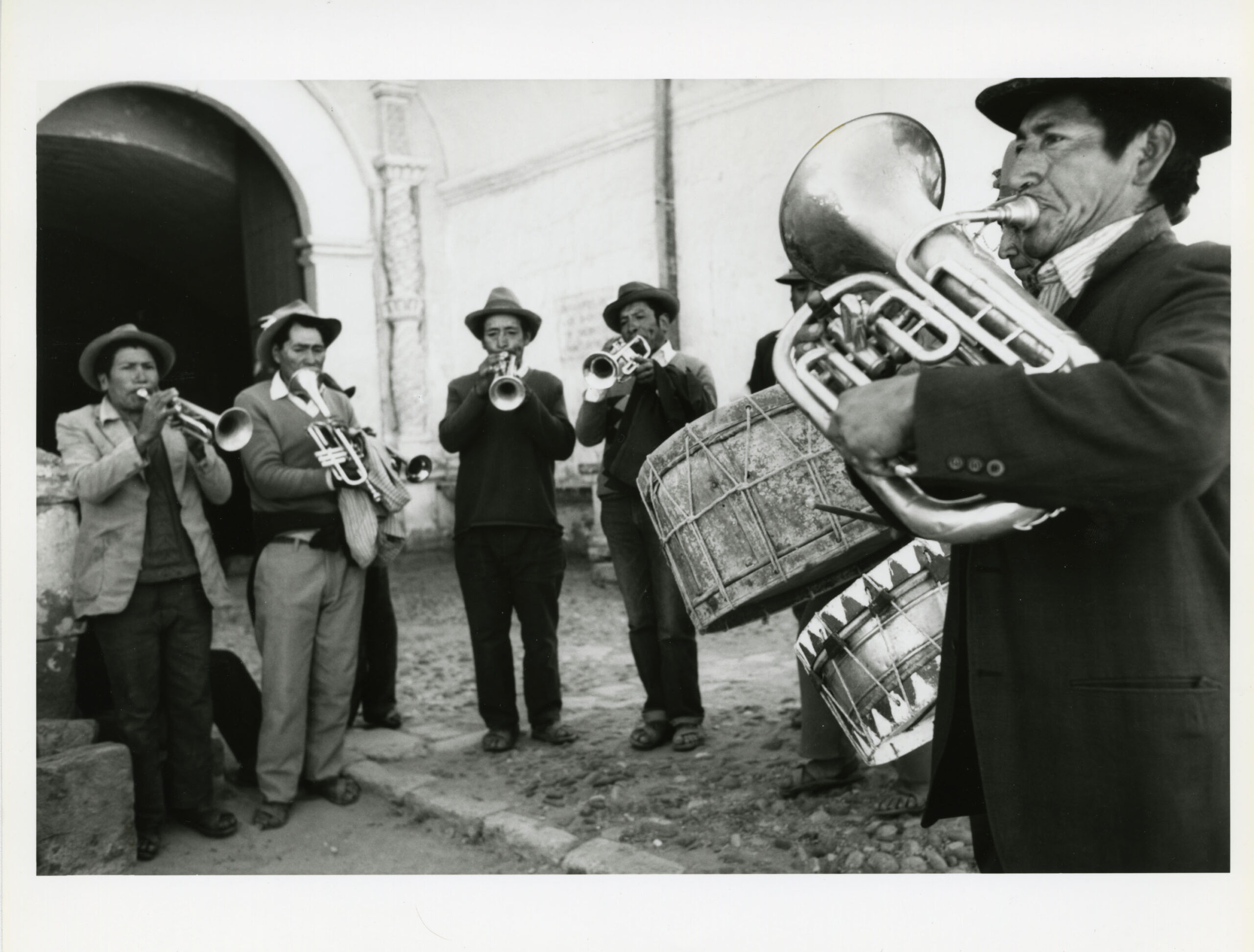Subscribe to be the first to hear about new RE:source content and to receive the Rockefeller Archive Center’s quarterly newsletter.
Just Published
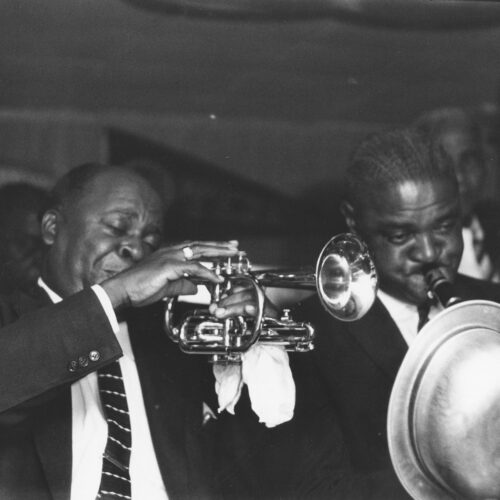
Timeline: Ford Foundation Support for Creativity
In this timeline, we will follow the path Ford Foundation programs took from the early beginnings to the end of the twentieth century. By no means comprehensive, this selection of grants, large and small, demonstrates the breadth and evolution of funding creativity over the decades.
More on Philanthropy and the Arts
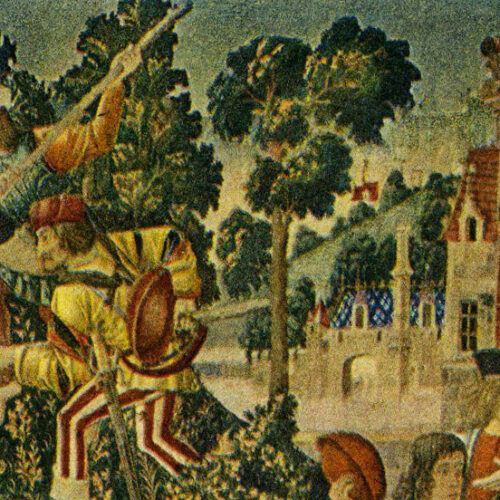
The Met Cloisters: An Unlikely Pair Makes a Home for Medieval Art in New York City
Does philanthropy always require a perfect partnership to create something great? Peering behind the facade of The Met Cloisters museum reveals that the answer is sometimes “no.”
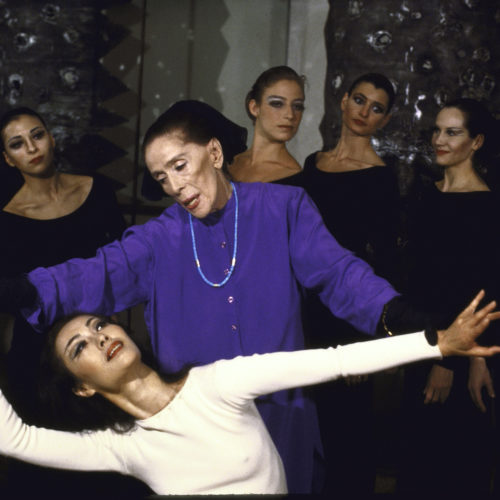
American Choreographers: Funding the Creative Process
Grant makers and grantees cooperated to craft a unique program in dance.
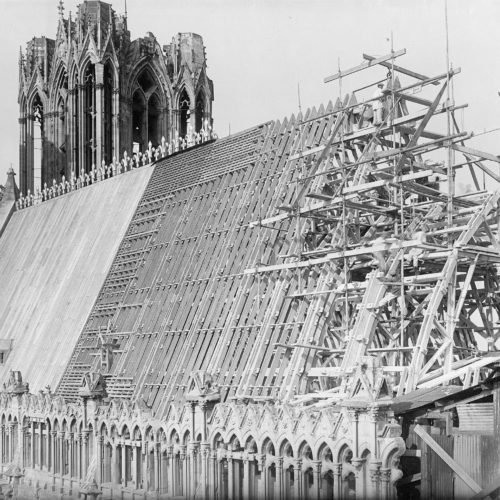
Rebuilding a Cathedral: The Media, American Money, and French Heritage
Stepping in to save French monuments without stepping on French pride.
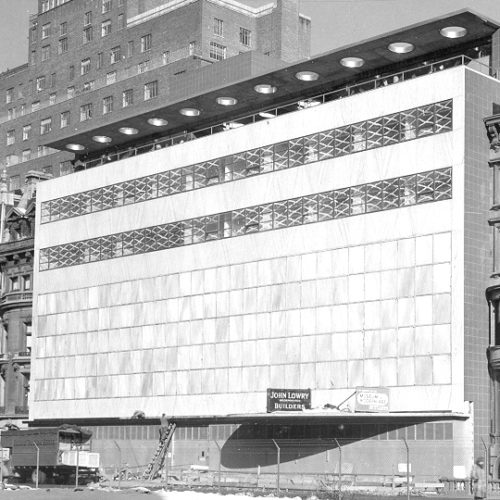
Photo Essay: A Mother, a Son, and Modern Art
Abby Aldrich Rockefeller’s passion for modern art influenced her children, especially her son Nelson Rockefeller, and continues to reach the public through the museum she co-founded.
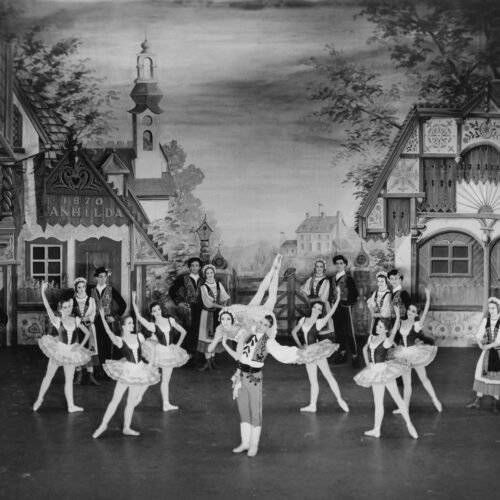
An Overview of Rockefeller Foundation Support for the Performing Arts in the 20th Century
Although known for its work in science, medicine, and health, the Rockefeller Foundation supported a surprising number of performing arts activities.
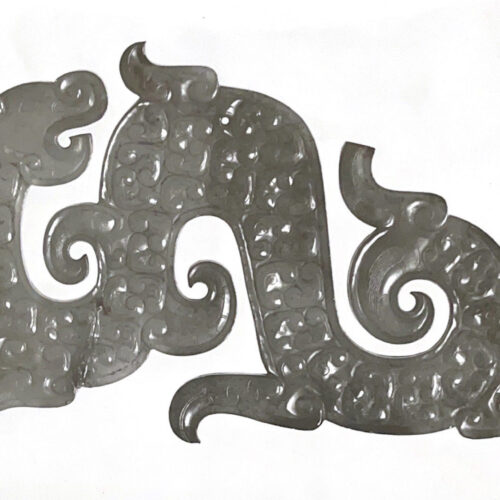
Photo Essay: “Masterpieces of Asian Art in American Collections,” a 1960 Exhibition of the Asia Society
Asia Society’s first public exhibition in 1960, “Masterpieces of Asian Art in American Collections,” launched decades of exhibitions aimed at bringing Asian arts and cultures to American audiences. Photos show the broad range of diverse media and geographical areas represented in the exhibition.
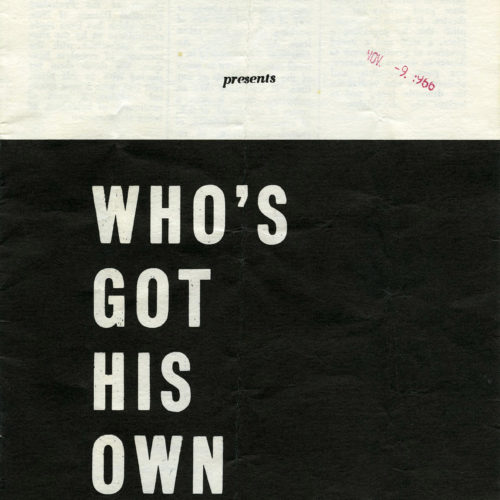
“Highest Standards”: Elite Philanthropy and Literary Black Voices during the Civil Rights Era
Against a backdrop of white, establishment concepts of literary excellence, one foundation struggled to appreciate Black voices.
In Case You Missed It
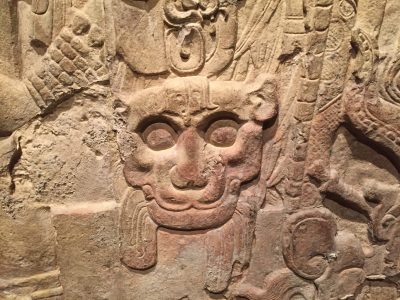
Philanthropy, Art, and Cultural Diplomacy: Nelson Rockefeller and the Case of the Guatemalan Stela
In 1970, Governor Nelson Rockefeller and the Museum of Primitive Art found themselves at the center of a delicate diplomatic negotiation over an allegedly stolen piece of Mayan art.
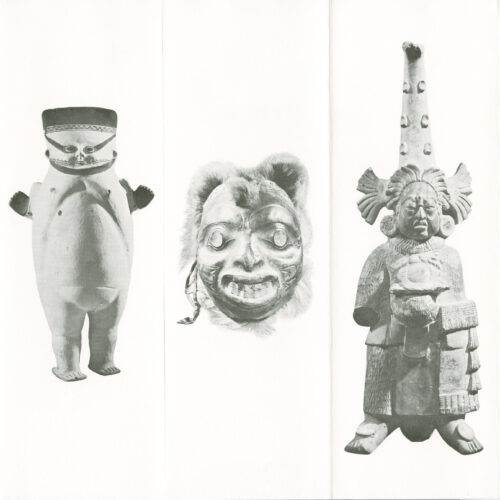
“Opening Up New Worlds”: Nelson Rockefeller’s Quest to Redefine “Primitive” Art
Nelson Rockefeller’s personal collection of indigenous art – and the museum he founded to share it – would eventually become a vital addition to the Metropolitan Museum of Art’s “encyclopedic” collection.
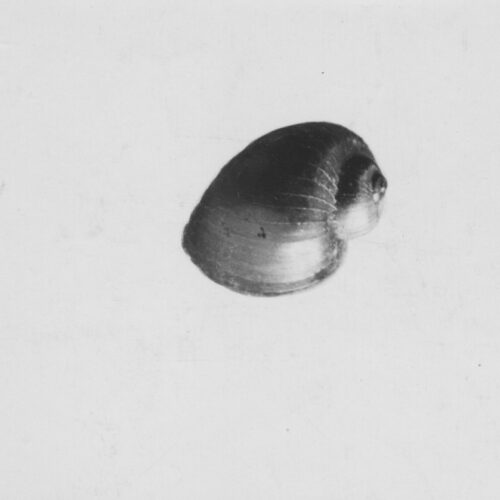
Of Snails and Self-Infection: Claude Barlow’s Fight against Schistosomiasis during World War II
How one Rockefeller scientist walked the edge of ethics, endangered himself and offended colleagues to move research forward

Photo Essay: “Masterpieces of Asian Art in American Collections,” a 1960 Exhibition of the Asia Society
Asia Society’s first public exhibition in 1960, “Masterpieces of Asian Art in American Collections,” launched decades of exhibitions aimed at bringing Asian arts and cultures to American audiences. Photos show the broad range of diverse media and geographical areas represented in the exhibition.
Explore Photo Essays
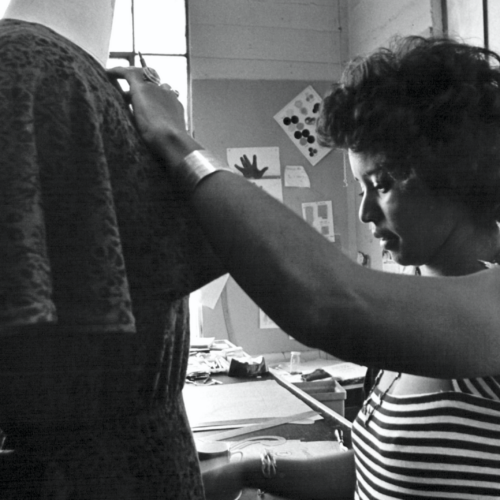
Photo Essay: Supporting Minority Enterprise in the late 1960s
In 1968, the Ford Foundation began to make social investments using a new tool borrowed from the for-profit world, the Program-Related Investment.
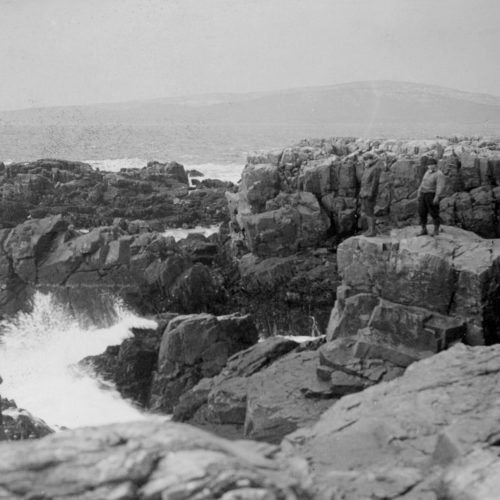
Photo Essay: The Rockefellers, National Parks, and Public Lands
The nation’s parks, perhaps our most remarkable public resource, have a history of development through private giving.
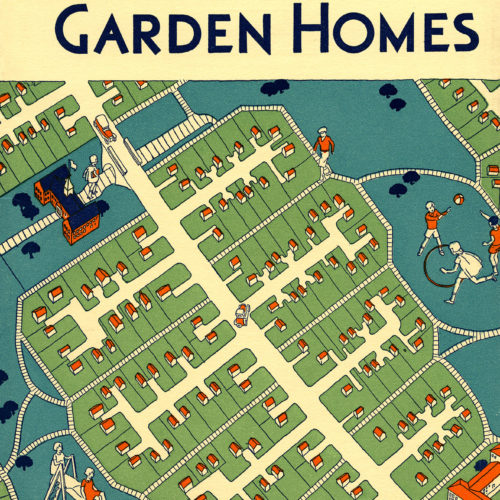
Photo Essay: Radburn, New Jersey – the Town for the Motor Age
Philanthropy helped architects and planners create a new kind of suburban community in the 1920s.
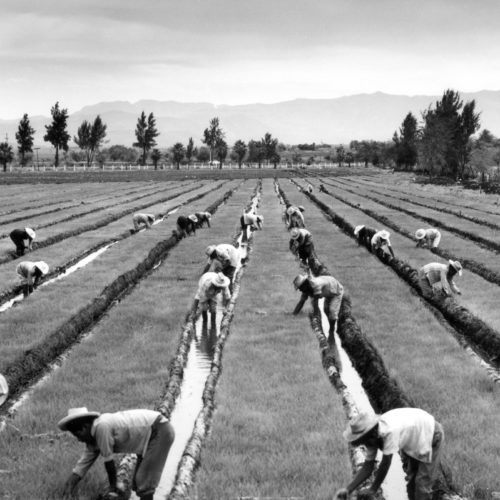
Photo Essay: Mexico and the Launch of the Green Revolution
One foundation’s program in Mexico created the blueprint for ending hunger worldwide.
RE:source is a publication of the Rockefeller Archive Center. We share stories, photo essays, timelines, educational resources, and updates on new research in our archival collections.
